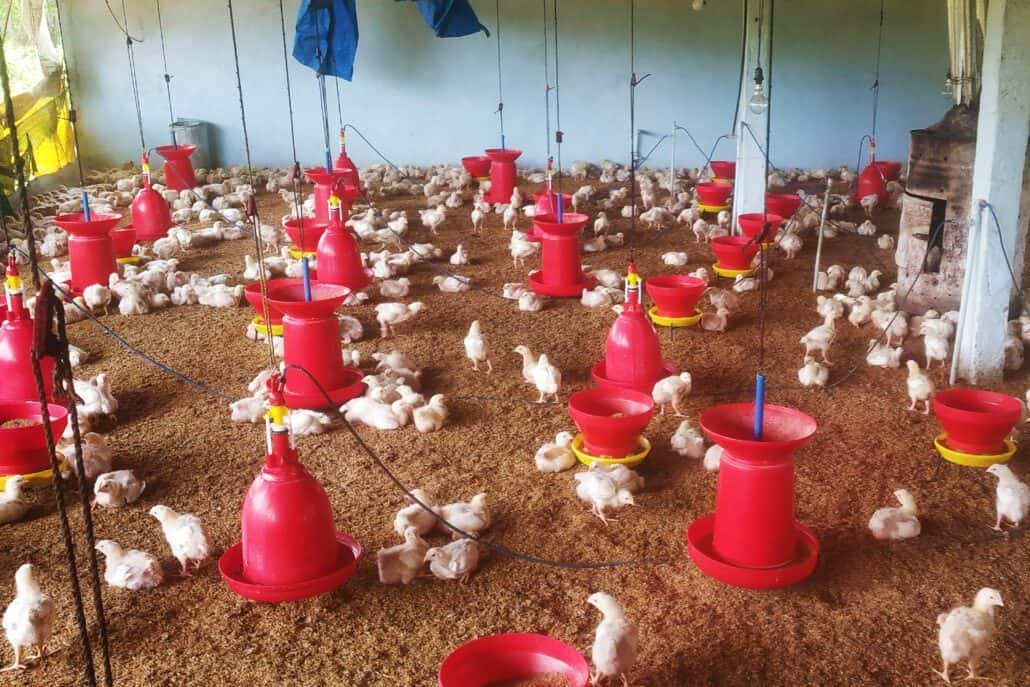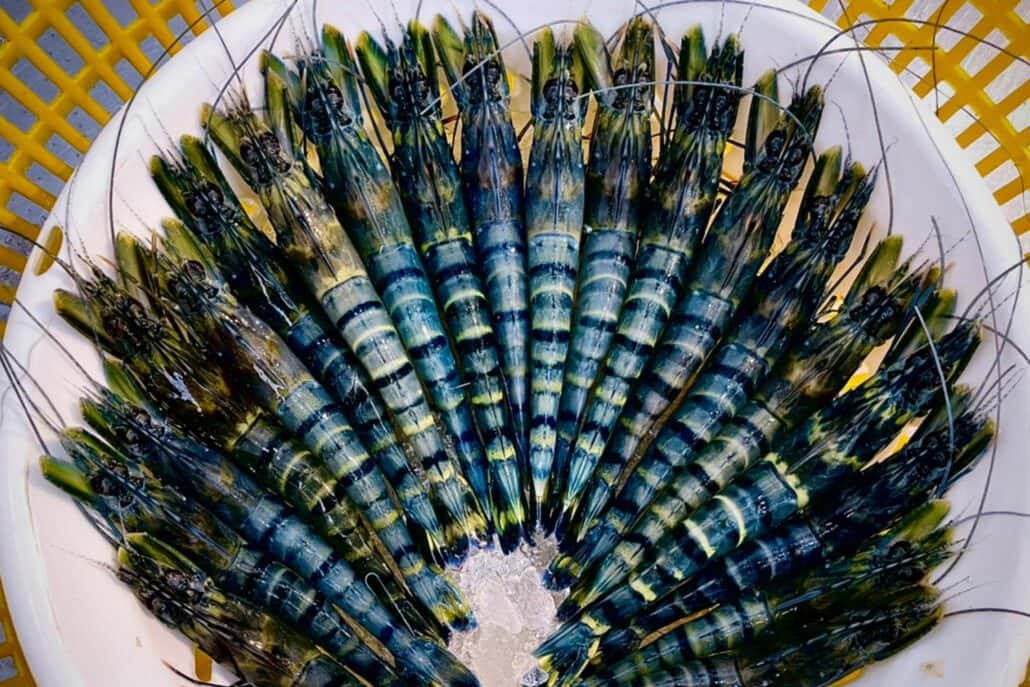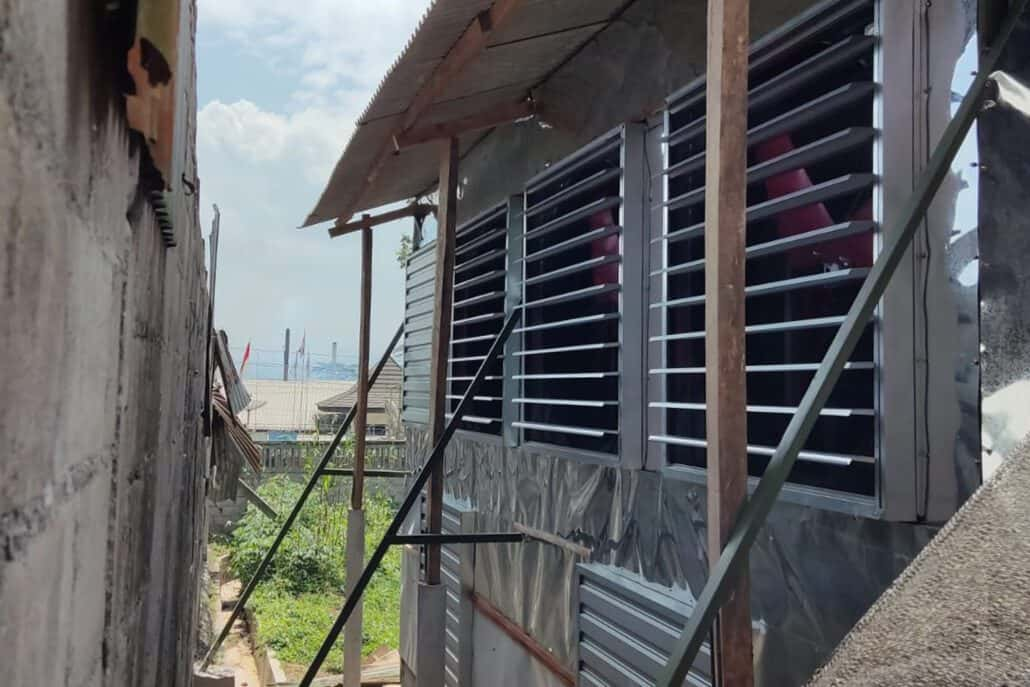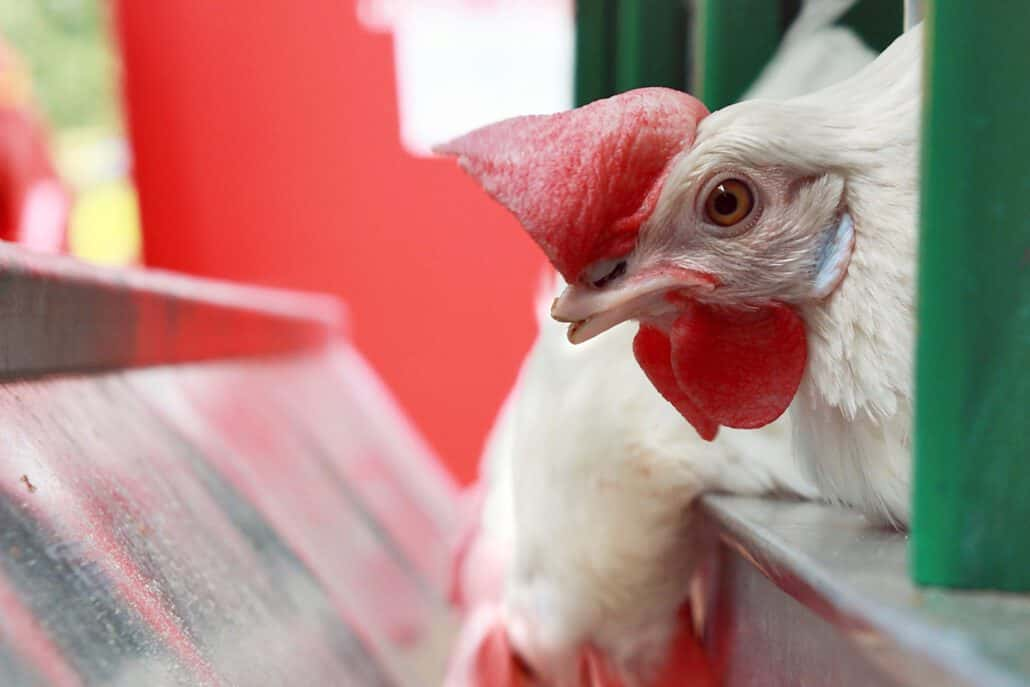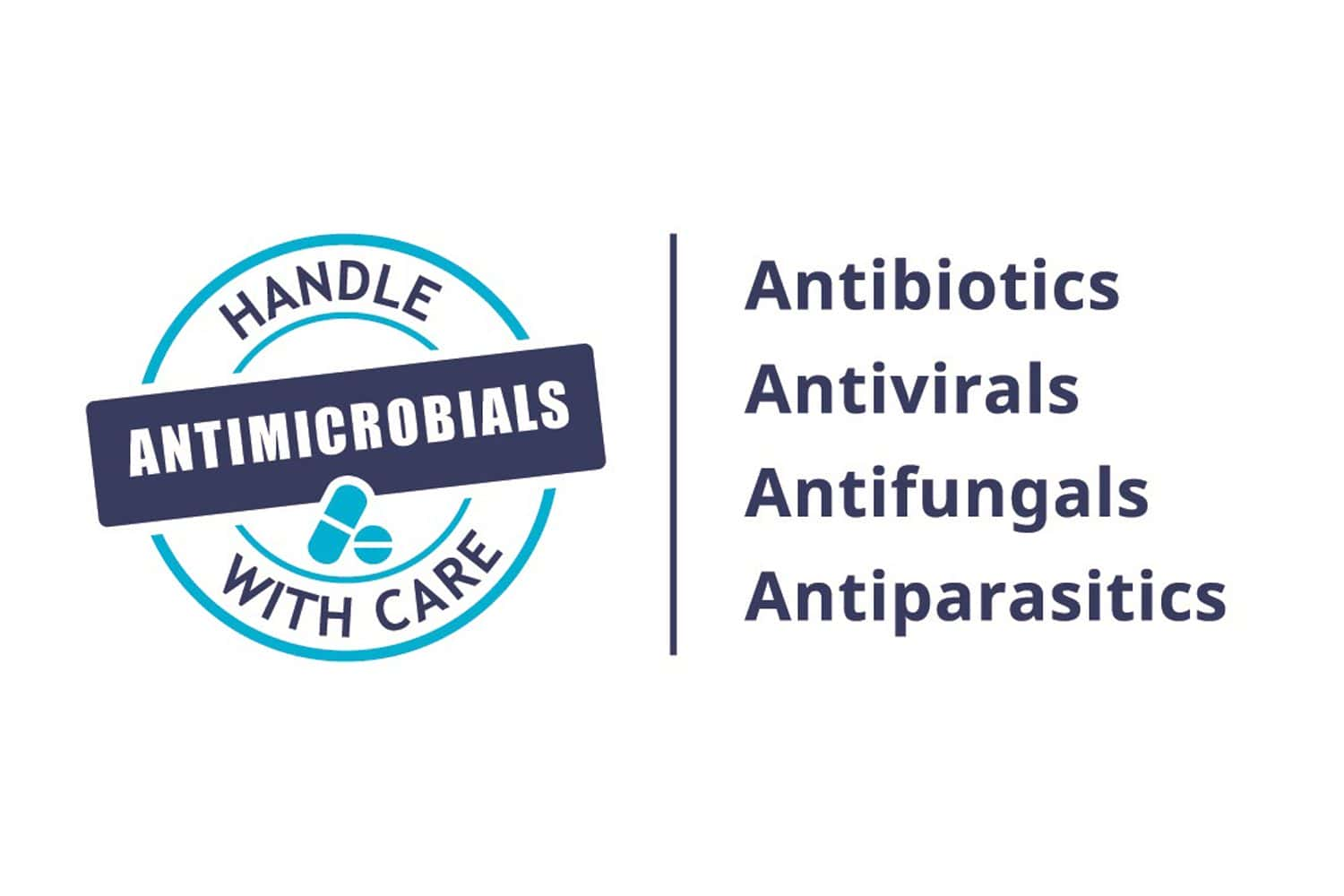In light of the World Antimicrobial Awareness Week, Larive International will highlight several ongoing projects where Antimicrobial challenges and opportunities play a significant role. Today’s article will elaborate on four ongoing projects and how AMR (AntiMicrobial Resistance) and the awareness thereof is an integral part.
The challenge
Antimicrobials – including antibiotics, antivirals, antifungals and antiparasitics – are medicines used to prevent and treat infections in humans, animals and plants. All around the world, bacteria, viruses, fungi, and parasites are changing, and no longer respond to the medicines used to treat the infections they cause. AMR makes infections harder to treat, which in turn increases the risk of disease spread, severe illness and mortality of humans, animals and plants. AMR emerges naturally, usually through genetic changes. However, the overuse and misuse of antimicrobials in livestock and agriculture has accelerated the process.
‘Spread Awareness, Stop Resistance’ is the slogan of the FAO, WHO and OIE regarding antimicrobial challenges. This message plays an important role in current poultry and shrimp sector projects in India, Vietnam, Myanmar and Indonesia.
Reducing antimicrobials and improving health in the Indian poultry sector
Poultry is one of the most important and advanced segments of the livestock sector in India. Over 5 million people are directly engaged in the sector and currently, India is the third-largest egg producer in the world and ranks fourth in terms of chicken meat production volumes. The use of antimicrobials in the sector is expected to double between 2010 and 2030, which is significantly higher than the global trend. Larive International performed a study, based on desk- and field-research, on behalf of the Netherlands Enterprise Agency to:
- Provide insight into poultry sector characteristics, main trends, issues and challenges, and key stakeholders regarding AMR reduction and animal health;
- Identify opportunities to reduce AMR and improve animal welfare in the Indian poultry sector.
One of the key interventions derived from this study is to establish Centres of Excellence with model farms to showcase and spread awareness on how Indian farmers can decrease antimicrobial usage and improve poultry health through biosecurity improvements, technology implementation and knowledge sharing. The model farms will take into account local viability, and will spread awareness and reduce resistance. The full study report will be launched soon, so keep an eye on our social media for more information.
Larive sees a role of public-private partnerships to work on this topic in India as the issue is too complex to tackle with only one intervention and a few stakeholders.
Increasing antimicrobial awareness and demonstrating alternatives in the Vietnamese shrimp sector
The misuse and overuse of antimicrobials are also hampering the shrimp sector development in Vietnam. There are over >100 types of antimicrobial being used and mass mortalities due to resistance (luminous bacteria) have been reported. ShrimpTechVietnam is a Public-Private-Partnership initiated and coordinated by Larive International. The partnership aims to sustainably improve the current shrimp farming practices in Vietnam.
The reduction of Antimicrobial usage plays an important role within this multi-annual project. The partnership studied the current antimicrobial usage practices and assessed the availability of alternatives. Additionally, they trialled the probiotics (alternative for antimicrobials) of TipTopp Aquaculture to validate their performance and feasibility in the Vietnamese sector. Similarly, SPF-free polychaetes of TopsyBaits have been trialled in Vietnam. Usage of these polychaetes to feed Vietnamese broodstock reduces the need for antimicrobials in shrimp production. Both trials have been performed at the facilities of ShrimpVet. To increase awareness amongst farmers, the partnership currently creates videos on:
- The AMR challenges;
- Farming practices to apply to reduce the need for antimicrobials;
- Responsible usage of antimicrobials in case of diseases.
Skretting Vietnam will spread these videos amongst Vietnamese shrimp farmers.
Demonstration poultry farms in Indonesia showcasing best practices
Sub-optimal management practices and biosecurity and technology levels at Indonesian poultry farms restrict sustainable sector development. AMR is also a key challenge within the Indonesian poultry sector; the Public-Private-Partnerships FoodTechIndonesia (initiated and coordinated by Larive) aims to positively contribute to sustainable sector development, poultry health and AMR reduction in a viable way by:
- The establishment of model farms showcasing best practices, technologies and solutions regarding management, feed, stocking, harvest, equipment and biosecurity. The level of biosecurity on a farm determines the risk of disease and the need for antimicrobials. Higher biosecurity levels reduce the need for antimicrobials.
- Demonstrations, tours and training programs at the model farms for local farmers and governmental representatives to improve knowledge and skills. And to spread awareness about best farming practices and specifically about AMR reduction.
The demonstration farms show that investments in Dutch products and solutions are commercially attractive and applicable to Indonesian needs.
Antimicrobial reduction in poultry feed in Myanmar
Suitable and sustainable alternatives for antibiotics (so-called ‘AGP replacers’), such as plant and herb extracts/oils, organic acids, probiotics and enzymes, have been developed. These are currently primarily applied in more advanced economies where antimicrobial usage for animals is restricted by law (such as in the European Union since 2006) or simply because of consumer concerns and/or antibiotic resistance on farms (such as in Australia and the USA).
On 11 May 2020, the Myanmar Ministry of Agriculture, Livestock and Irrigation announced a new law to reduce the use of AGPs and comply with international food standards. However, feed millers and poultry farmers in Myanmar have insufficiently explored the opportunities and AGP replacer options. Larive International is currently involved in a project to trial a promising AGP replacer within the poultry feed sector in Myanmar. The trial outcomes will be used to enable feed millers to adhere to the announced law and reduce antimicrobial usage in the poultry sector in Myanmar.
As antimicrobials are applied in many sectors and cause concerns around the globe, AMR awareness and reduction will get a more and more prominent role in (business) initiatives, trade, investments and regulation. Larive International has witnessed an increase in antimicrobial-related projects and gained valuable expertise. Our colleague Iris Boom is involved in all four projects and invites all of you to Collaborate, Spread Awareness and Stop Resistance.
Let’s collaborate today!

